Treating Female Sexual Dysfunctions: Important Things I Have Learned in my Career
1h 30m
Johannes Bitzer
Professor of Ob/Gyn & Psychotherapist
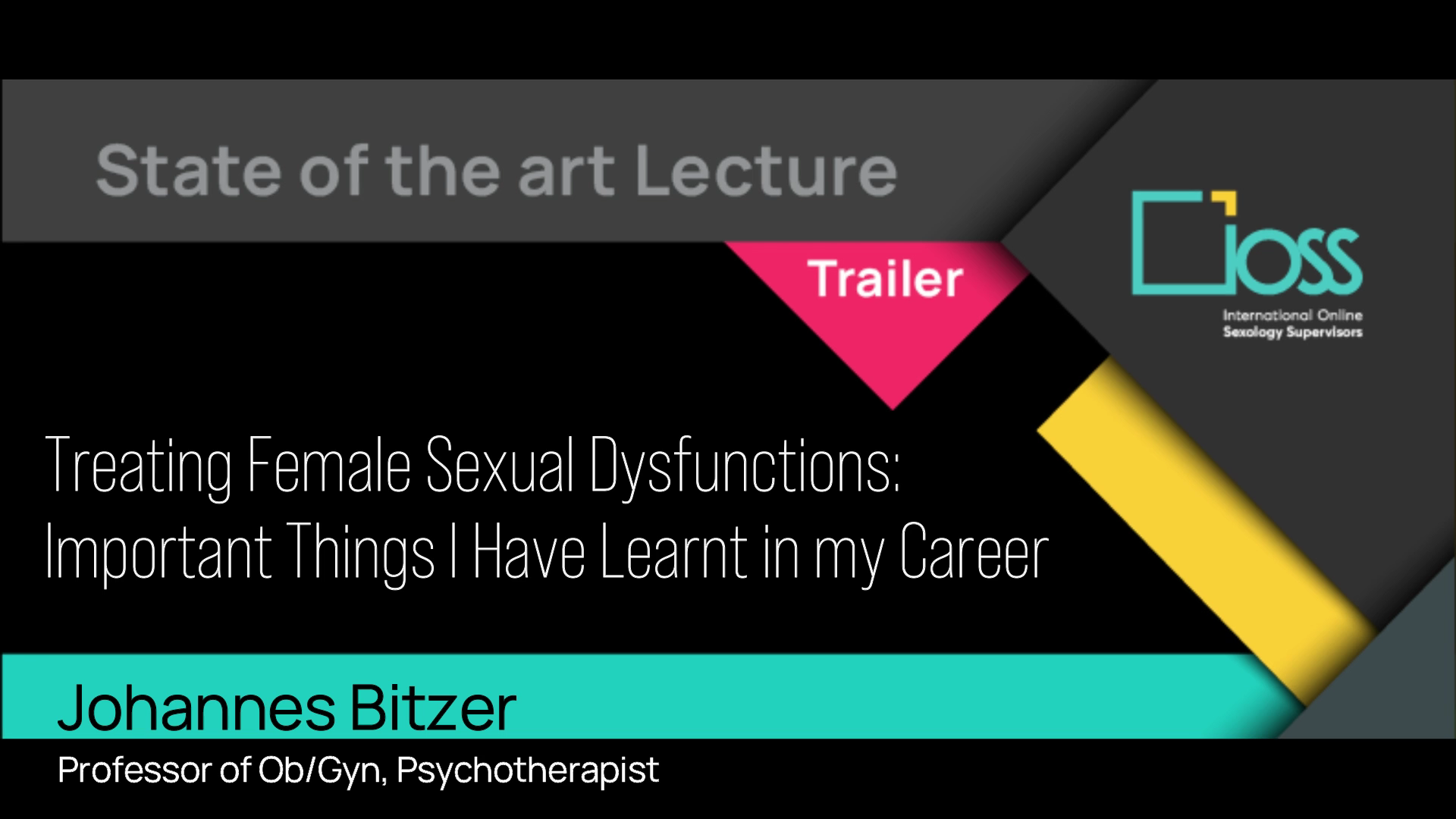 Trailer
Trailer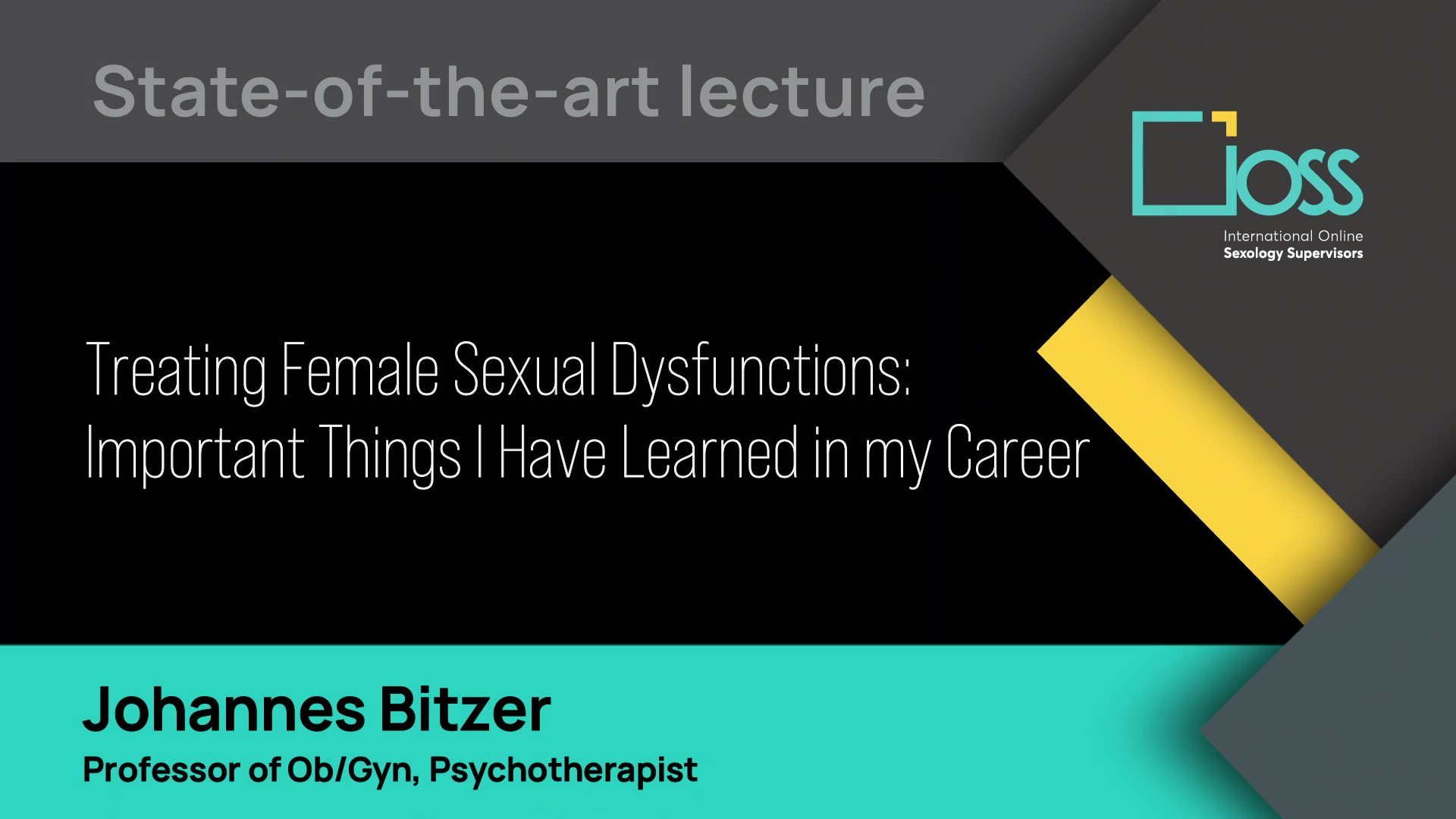 Get AccessFull Video
Get AccessFull VideoContent and Aim: In general, in medicine our practice is deductive. We have a catalogue of defined diseases and we check whether the suffering of the individual woman fits into one of these definitions. The disease and the person are separated entities. The disease afflicts the woman.
A sexual dysfunction is not an independent «objective» disease. There is no measurable marker. It is all about the person and her story. Each story is individual and fascinating and allows us to look into the limitless ocean of human experience.
So, my first lesson was: listen to the story with respect and admiration like a piece of art. Encourage the patient to tell her story (Narrative medicine). This is why I frequently encourage patients to write down their sex and love story. It helps them to get closer to their sexual script.
Sexual dysfunctions have a complex structure which can be compared to a menu-different ingredients, creating what she (the patient) finally tastes (experiences). The ingredients are the patient’s body, her mind and her environment with a mixture specific to her. Understanding the recipe (which is frequently not known to the patient) can help her to understand her subjective experience and can help the therapist to plan for modifications.
The second lesson: Understand the concert of body, mind and environment in each sexual dysfunction (Biopsychosocial model). In practice it is very helpful to make a drawing for the patient and visualize these factors and how they interact.
Sexual dysfunctions are very often a trial to find a solution or a cry for help for another problem. Often existential problems like the fear of isolation, the fear of meaninglessness, the fear of death, the fear of freedom (existential psychotherapy Yalom).
Lesson three: Be open to hear and see behind the obvious and what is presented.
Therapy for sexual dysfunctions is more than making the symptoms disappear and bring the patient back to the status ante. This is repair. Therapy is help for the patient to find out what she/he wants and what she/he does not want, what should change and what should stay like it is, learn about solutions and help her/him make her/his decisions. In practice it is helpful to make this process visible and record it together with the patient.
Produced in 2020
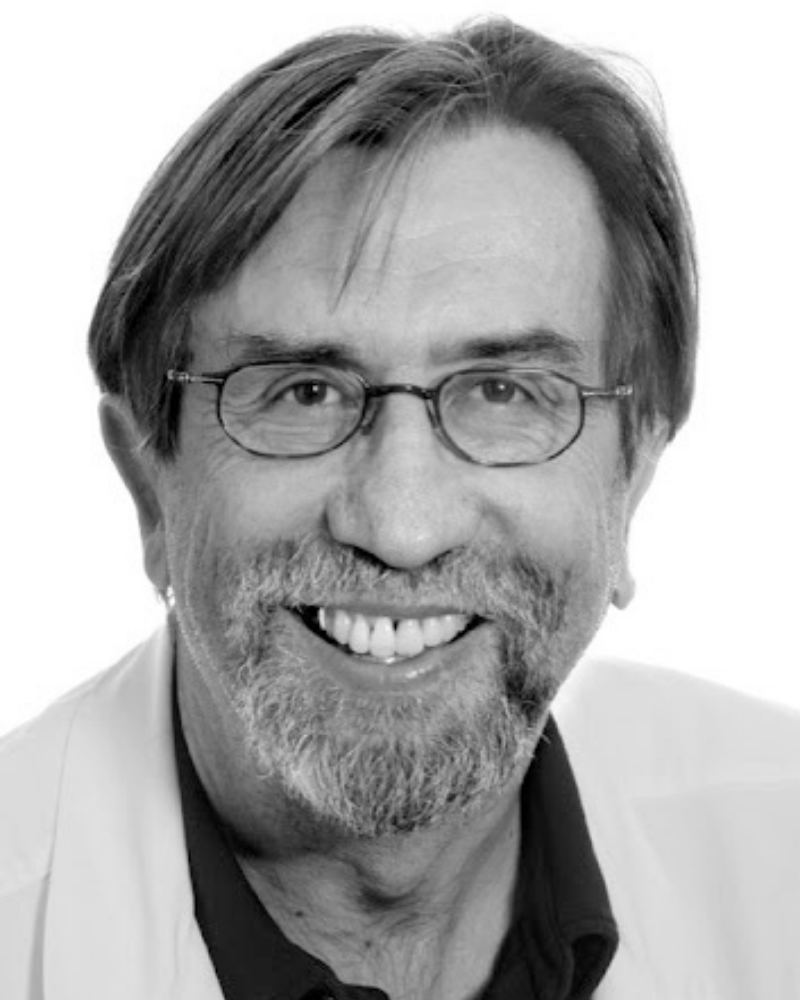
Johannes Bitzer
Professor of Ob/Gyn & Psychotherapist
Lecturer & Supervisor
Johannes Bitzer, MD, is the Former Chairman and Professor Emeritus of the Department of Obstetrics and Gynecology at the University Hospitals of the University of Basel.
He is the former president of the European Society of Contraception and the International Society of Psychosomatic Obstetrics and Gynecology. He is a member of the Executive Committee of the European Board and College of Obstetrics and Gynecology. Director of the knowledge-based assessment in the education committee of EBCOG. He was a member of the Executive Board of ESSM. Former President of the Swiss Society of Sexology He is presently a member of the Board of ISSM, a member of the Multidisciplinary Joint Committee of Sexual Medicine, a Fellow of the International Society for the Studies of Women’s Sexual Health (ISSWSH), the Director of the Diploma of Advanced Studies in Sexual Medicine at the Advanced Study Center of the University of Basel, Lecturer at the ESSM School, Editor in Chief of The European Journal of Contraception and Reproductive Health Care, and Associate Editor of the Journal of Sexual Medicine. His scientific work includes female sexual health in the context of gynecological disorders, a life course approach to female sexual dysfunction, contraceptive counseling, care for women in the peri and postmenopause, sexual and reproductive health, and the interface between obstetrics/gynecology and psychology/psychiatry, which includes infertility counseling and psycho-oncology and sex-oncology. He has more than 200 peer-reviewed publications, has edited three books, written 20 book chapters, and has given more than 300 invited lectures and workshops.
Languages
English, Spanish, French

